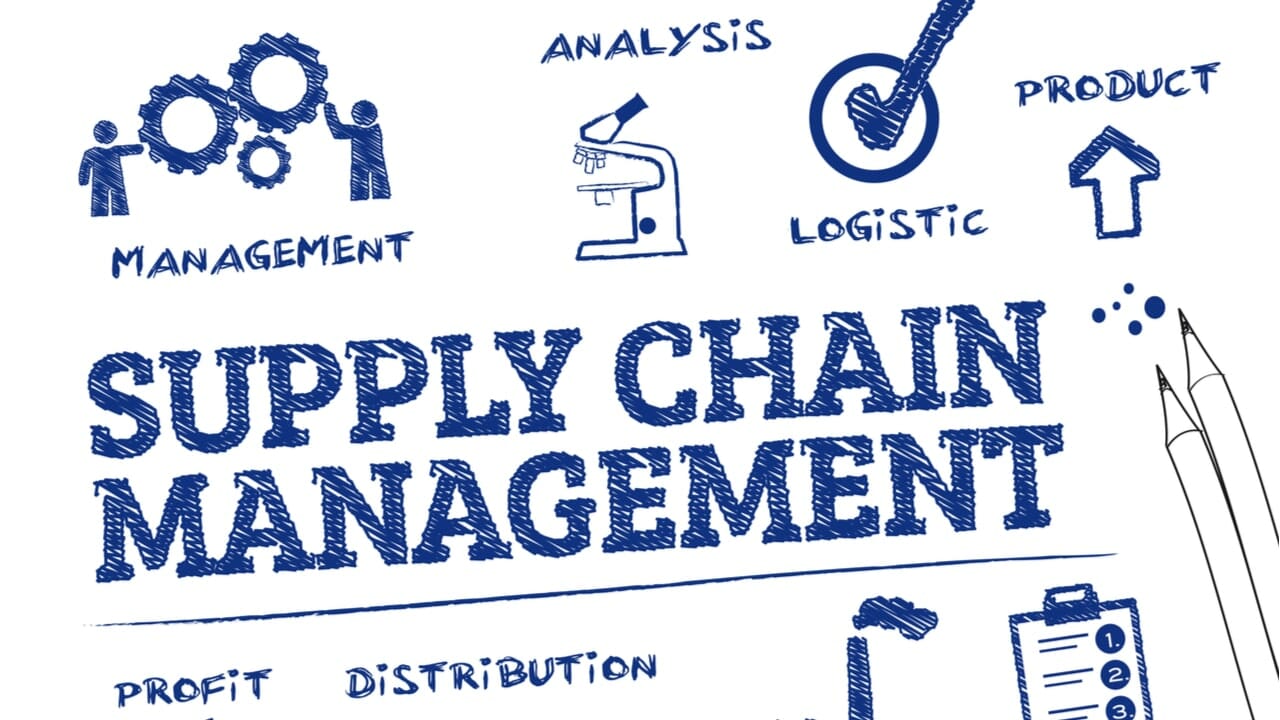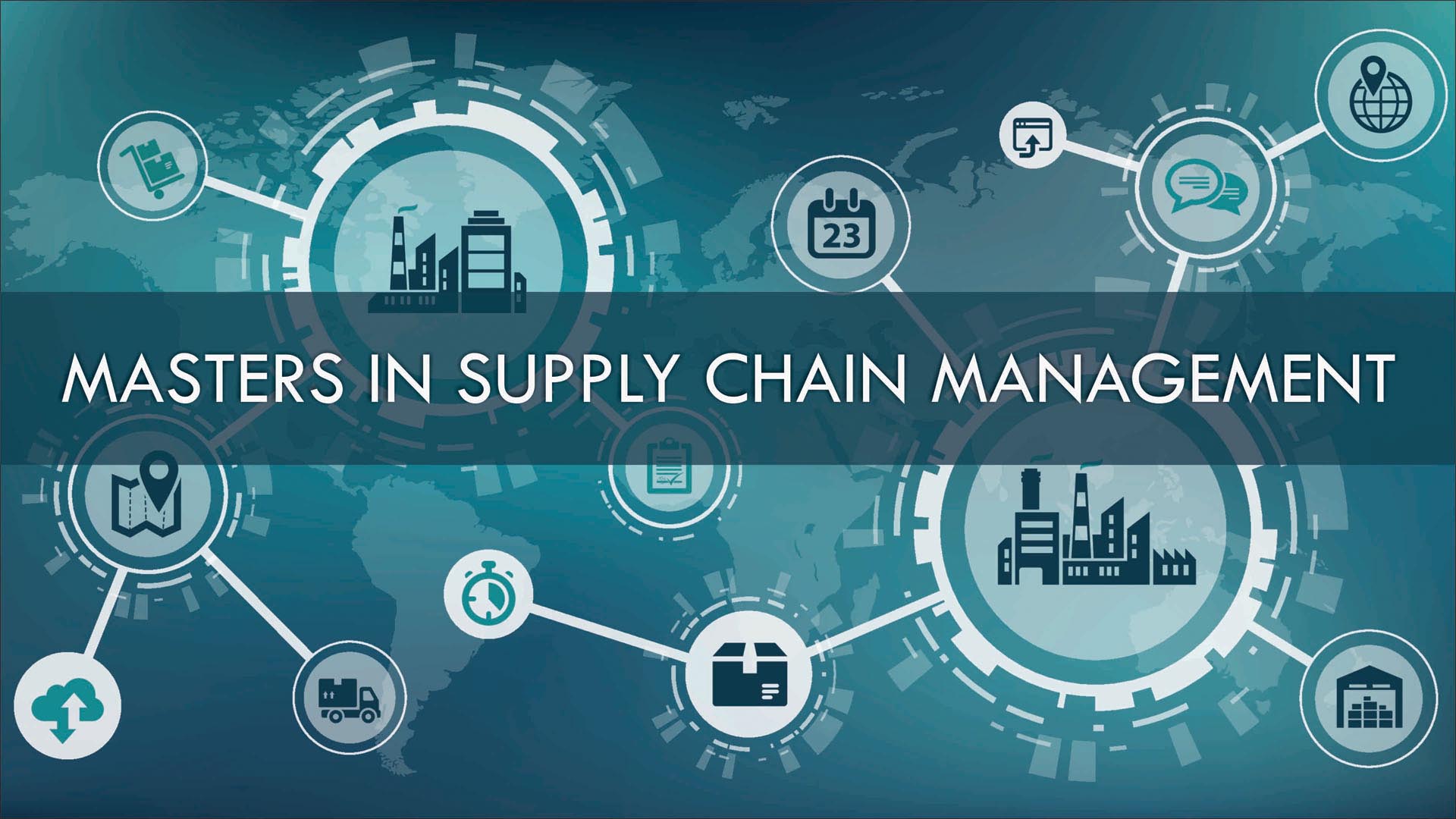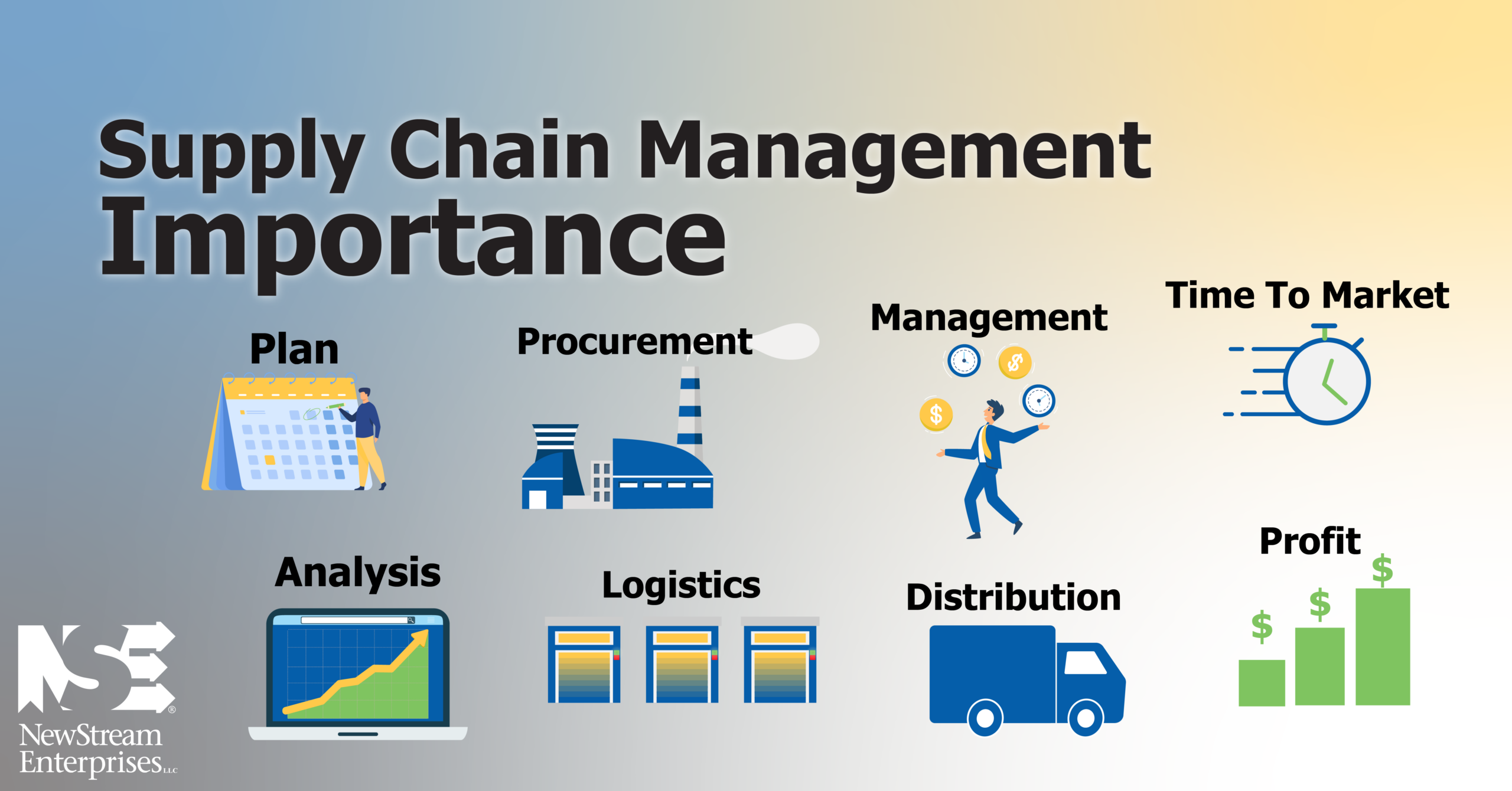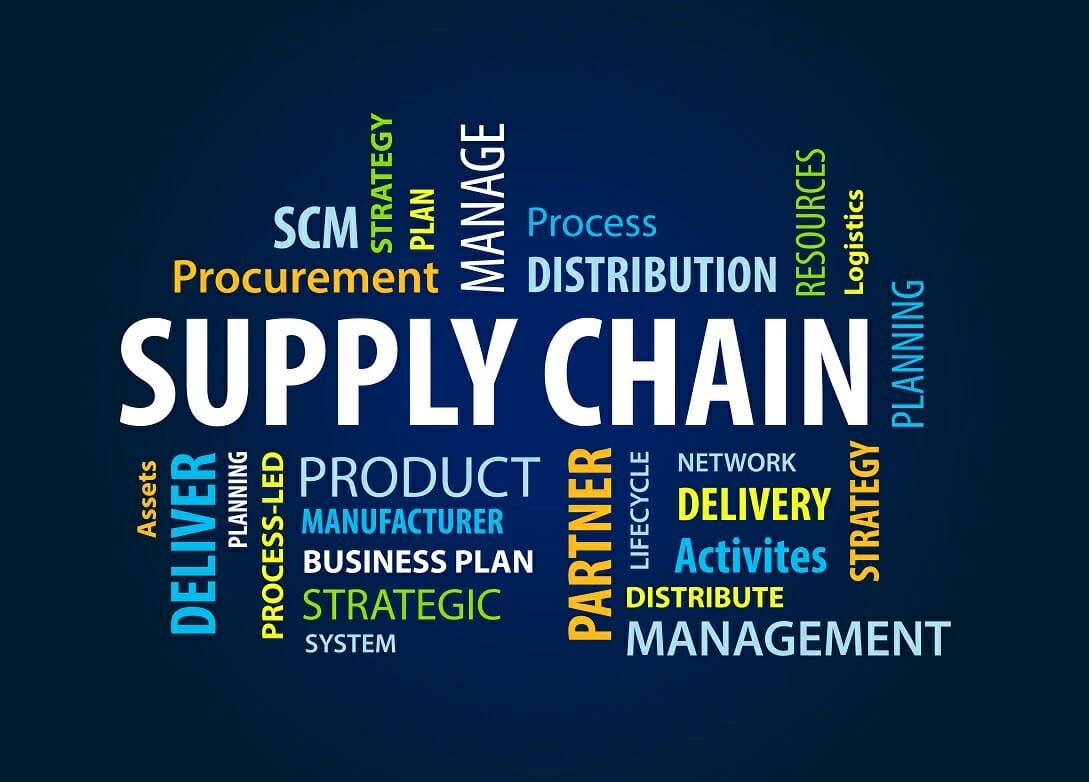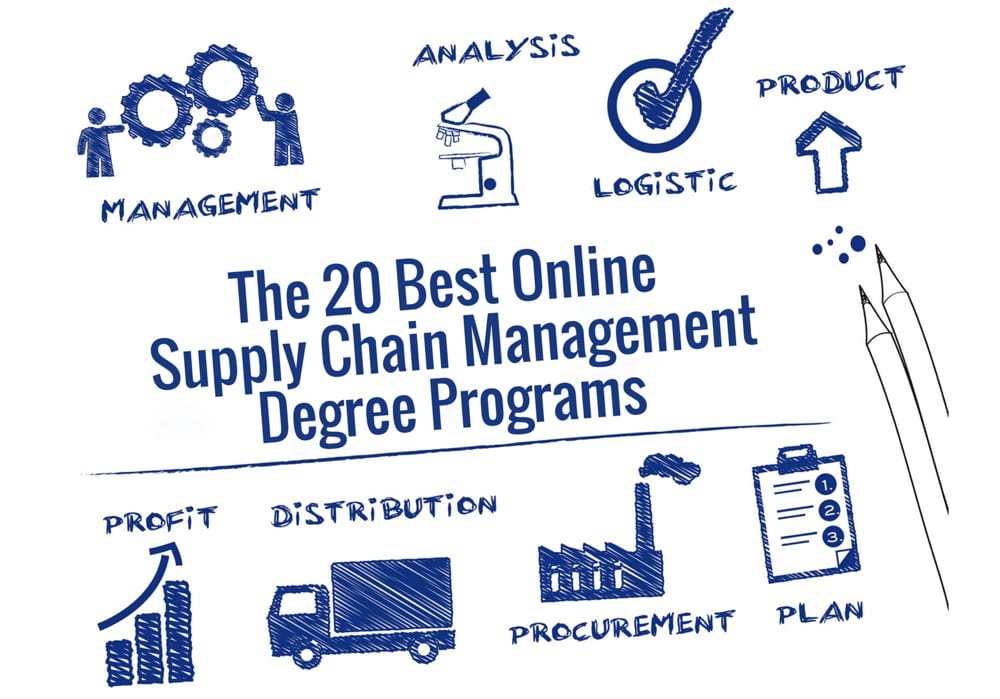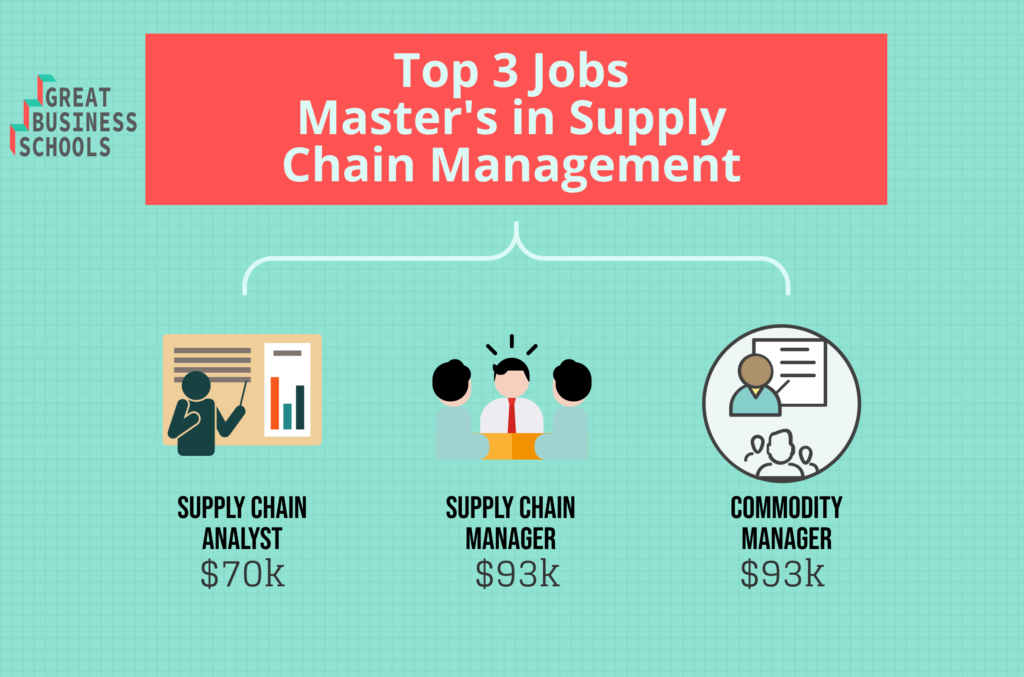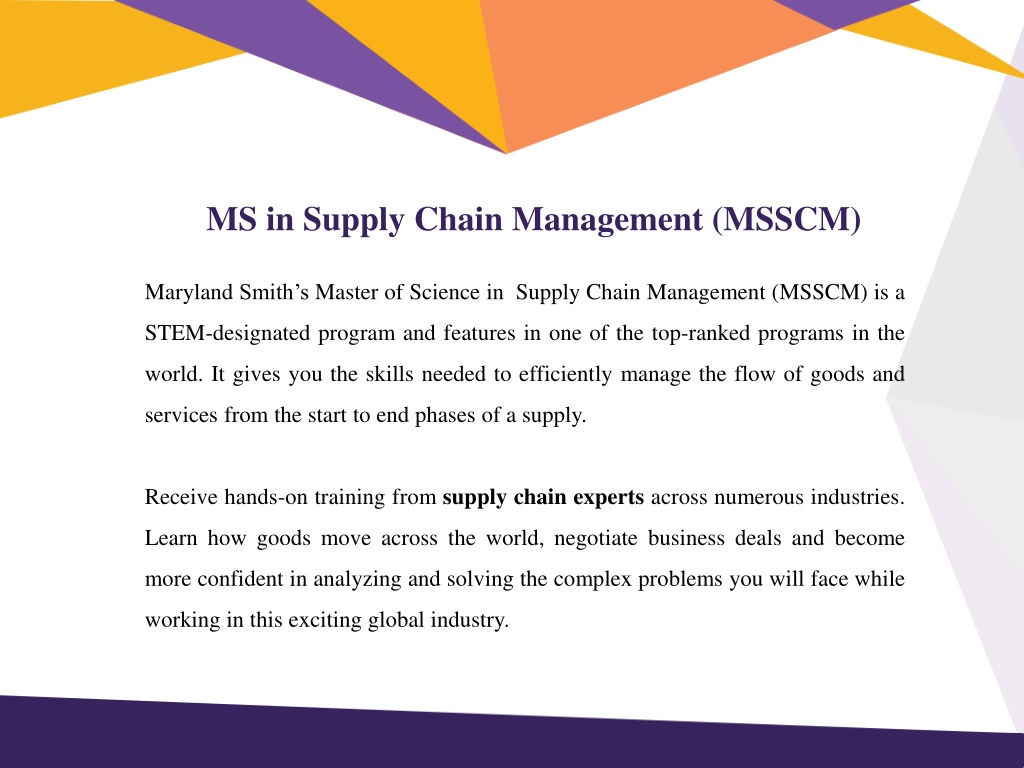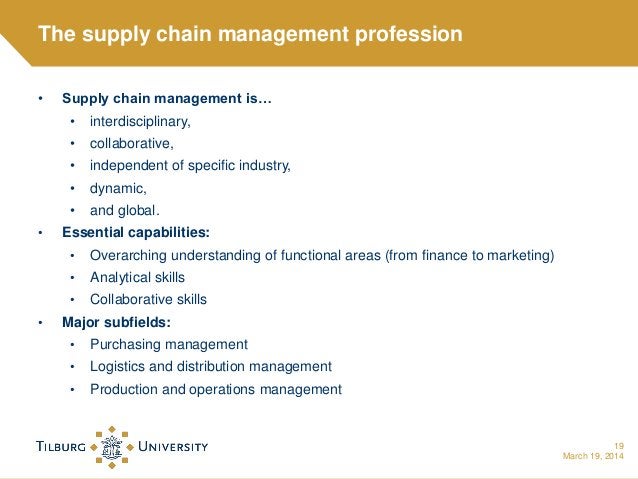Is A Masters In Supply Chain Management Worth It
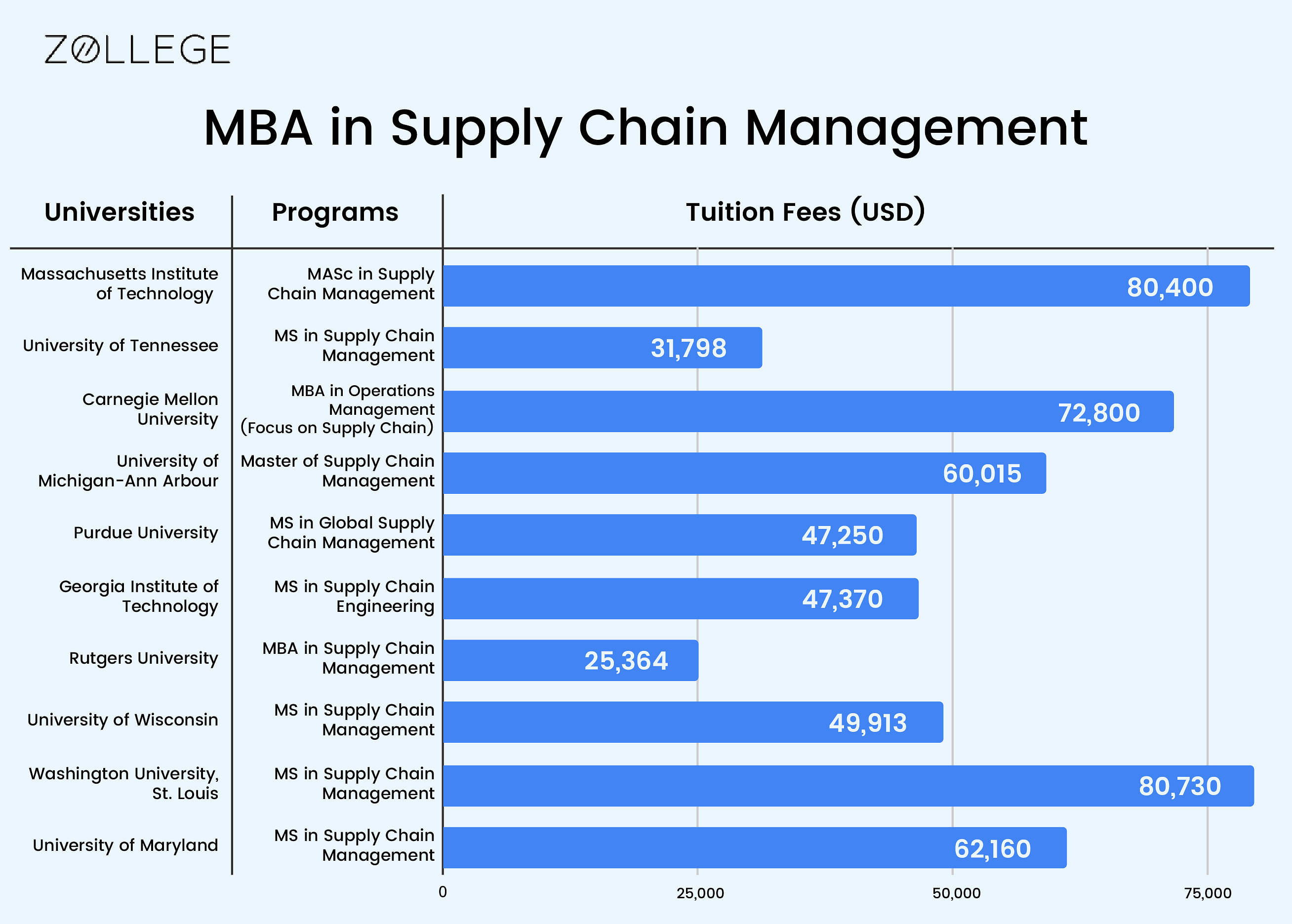
The hum of forklifts, the rhythmic beeping of scanners, and the constant flow of data – these are the sounds of the modern supply chain. Imagine yourself orchestrating this complex symphony, ensuring goods and services flow seamlessly from origin to consumer. Is a Master’s in Supply Chain Management (MSCM) the key to unlocking this career, or is it just another expensive piece of paper?
The question of whether an MSCM is "worth it" hinges on individual career goals, financial circumstances, and the specific program chosen. This article delves into the potential benefits, drawbacks, and alternatives to help you make an informed decision about pursuing this increasingly popular degree. We’ll explore salary expectations, career advancement opportunities, and the skills you’ll gain, weighing them against the cost and commitment required.
The Booming World of Supply Chain
The global supply chain has become a focal point in recent years, especially after disruptions caused by the pandemic and geopolitical events. Suddenly, everyone understood the importance of efficient logistics, resilient sourcing, and accurate forecasting. This increased awareness has fueled demand for skilled supply chain professionals.
According to the Bureau of Labor Statistics, employment in logistics is projected to grow significantly in the coming years. This growth translates into numerous job opportunities for graduates with the right qualifications.
This is supported by industry data showing increased investment in supply chain technologies and infrastructure, indicating a long-term trend rather than a temporary spike. Companies are actively seeking individuals who can navigate complexity and drive innovation.
What Does an MSCM Offer?
An MSCM program typically covers a broad range of topics, including logistics, procurement, operations management, and data analytics. Students learn to optimize processes, reduce costs, and improve efficiency throughout the supply chain.
Many programs also emphasize leadership skills, negotiation techniques, and global perspectives. These soft skills are crucial for managing teams and collaborating with stakeholders across different cultures and time zones.
Furthermore, most MSCM programs incorporate cutting-edge technologies like blockchain, artificial intelligence, and Internet of Things (IoT). This prepares graduates to leverage these technologies to solve real-world supply chain challenges.
Career Paths and Salary Expectations
An MSCM can open doors to a wide variety of career paths. Common roles include supply chain manager, logistics analyst, procurement specialist, and operations director.
These positions can be found in various industries, from manufacturing and retail to healthcare and technology. The specific responsibilities and required skills will vary depending on the industry and company size.
In terms of salary, an MSCM typically leads to a significant boost in earning potential. Payscale.com reports that individuals with an MSCM earn a median salary significantly higher than those with only a bachelor's degree in a related field.
The Cost-Benefit Analysis
The financial investment in an MSCM is a significant consideration. Tuition fees can range from tens of thousands of dollars to over $100,000, depending on the program and institution.
It’s crucial to factor in living expenses, books, and other related costs. Many students also need to take out loans to finance their education, adding to the overall financial burden.
However, the potential return on investment can be substantial, especially if the degree leads to a higher-paying job and faster career advancement. Consider the long-term benefits when weighing the costs.
Alternatives to an MSCM
An MSCM is not the only path to a successful career in supply chain management. Other options include obtaining certifications, gaining experience through internships, and pursuing advanced degrees in related fields such as business administration or engineering.
Professional certifications, such as those offered by APICS (now ASCM) and the ISM (Institute for Supply Management), can demonstrate expertise in specific areas of supply chain management. These certifications are often less expensive and time-consuming than an MSCM.
Furthermore, practical experience is highly valued in the industry. Starting with an entry-level position and working your way up can provide invaluable hands-on knowledge and skills.
Choosing the Right Program
If you decide to pursue an MSCM, it’s essential to choose the right program. Consider factors such as accreditation, curriculum, faculty expertise, and career services.
Look for programs that are accredited by reputable organizations such as the Association to Advance Collegiate Schools of Business (AACSB). Accreditation ensures that the program meets certain quality standards.
Pay attention to the curriculum and make sure it aligns with your career goals. Does the program offer specializations in areas that interest you, such as sustainability or risk management? Does it have a strong focus on data analytics and technology?
Online vs. On-Campus
Many universities offer both online and on-campus MSCM programs. The choice between the two depends on your learning style, schedule, and personal preferences.
Online programs offer greater flexibility and convenience, allowing you to study at your own pace and from anywhere in the world. However, they may require more self-discipline and time management skills.
On-campus programs provide a more immersive and interactive learning environment. You'll have the opportunity to network with classmates and professors in person and participate in campus activities.
Is it Right for You?
Ultimately, the decision of whether to pursue an MSCM is a personal one. There is no one-size-fits-all answer. Consider your career aspirations, financial situation, and personal preferences.
Talk to current supply chain professionals and ask them about their experiences. Attend information sessions and webinars offered by universities with MSCM programs. Network with alumni and learn about their career paths.
If you are passionate about optimizing processes, solving complex problems, and making a real-world impact, then an MSCM may be a worthwhile investment. But remember to do your research, weigh the costs and benefits, and choose the program that's right for you.
A Final Thought
The world of supply chain management is constantly evolving. New technologies, changing consumer demands, and global events are reshaping the industry landscape.
An MSCM can provide you with the knowledge, skills, and network to thrive in this dynamic environment. But it's just one piece of the puzzle. Continuous learning, adaptability, and a strong work ethic are equally important for long-term success.
So, is an MSCM "worth it"? The answer, like a well-optimized supply chain, depends on careful planning, execution, and a clear understanding of your goals.
